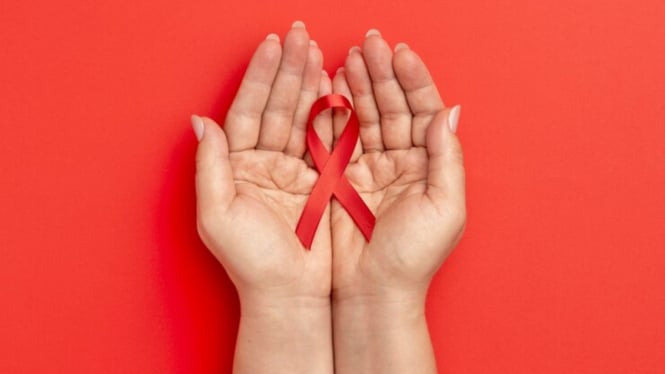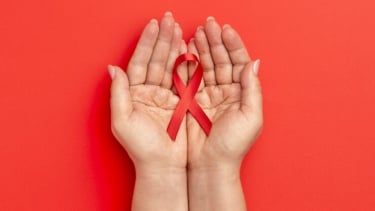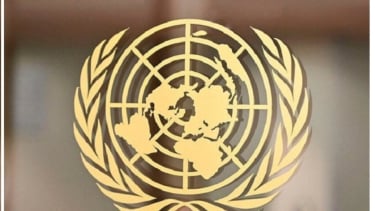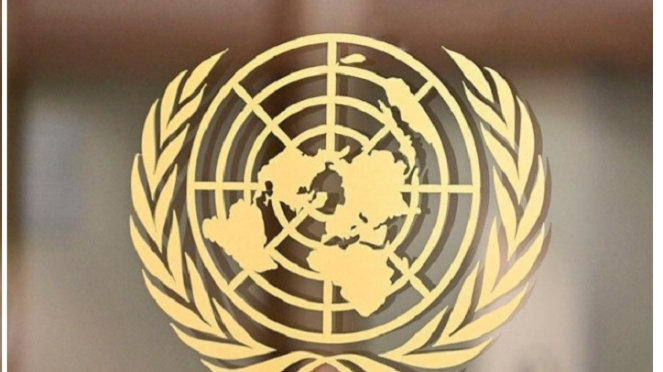AIDS Probably Stops by 2030, United Nations Reveals
- Freepik
Jakarta – Recently, the United Nations (UN) said that the disease of AIDS can be ended by 2030, if the governments of the world are serious about stopping it.
"We have a solution, if we follow the leadership of countries that have forged a strong political commitment to put their people first and invest in evidence-based HIV prevention and treatment programs," the UNAIDS agency stated.
Adopting non-discriminatory laws and community empowerment, among other initiatives, are effective responses to HIV, the agency added.
ilustrasi Majelis Umum PBB telah mengecualikan Rusia
UNAIDS said that ending the disease is, above all, a political and financial choice, "Success can be achieved in this decade," said UNAIDS Executive Director Winnie Byanyima.
"The end of AIDS is an opportunity for today's world leaders to be remembered as the people who succeeded in stopping the world's deadliest disease."
Byanyima said that the greatest progress in the fight against HIV, the virus that causes AIDS, has been made in countries and regions that have invested strongly.
Then, Bnyanyima cited eastern and southern Africa, where HIV infections have dropped 57 percent since 2010. Botswana, Eswatini, Rwanda, Tanzania and Zimbabwe have achieved the so-called 95-95-95 target.
This means that 95 percent of those living with HIV know their status; 95 percent of those who know they have HIV are on life-saving anti-retroviral treatment, and 95 percent of those on treatment achieve undetectable viral suppression.
At least 16 other countries, including Denmark, Kuwait and Thailand are also close to achieving this target.
By 2022, it is rumored that 39 million people worldwide are living with HIV and 29.8 million of them are on anti-retroviral therapy treatment, UNAIDS said.
The number on anti-retroviral treatment has almost quadrupled from 7.7 million in 2010. About 1.3 million people were newly infected with HIV last year, down 59 percent from the peak in 1995.
Meanwhile, 630,000 people died from AIDS-related illnesses. "Overall, the number of AIDS deaths has declined by 69 since its peak in 2004," the report said.





















